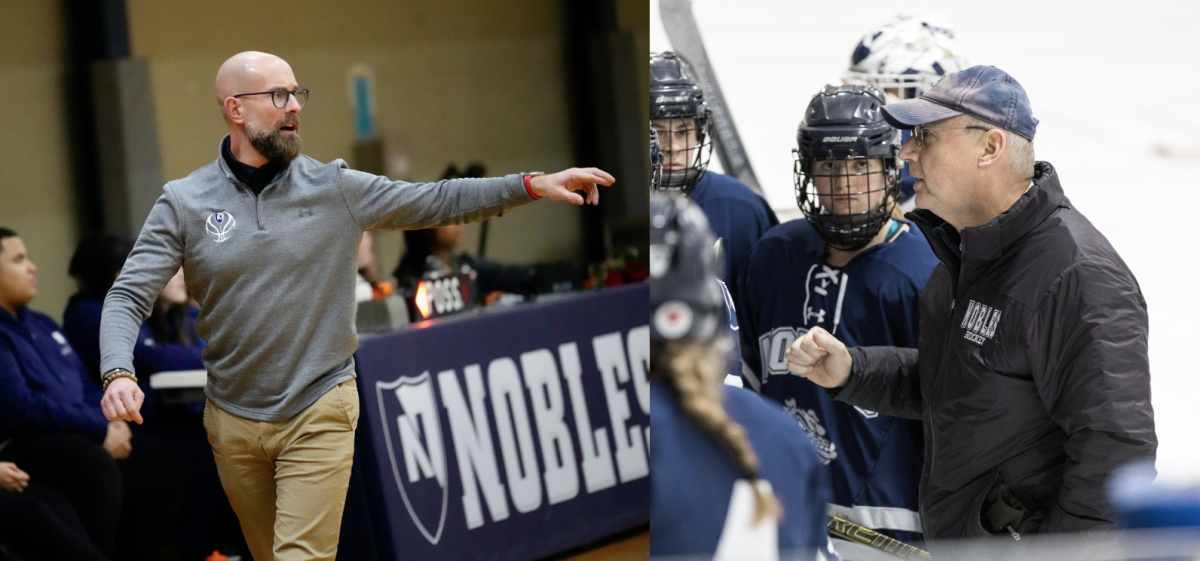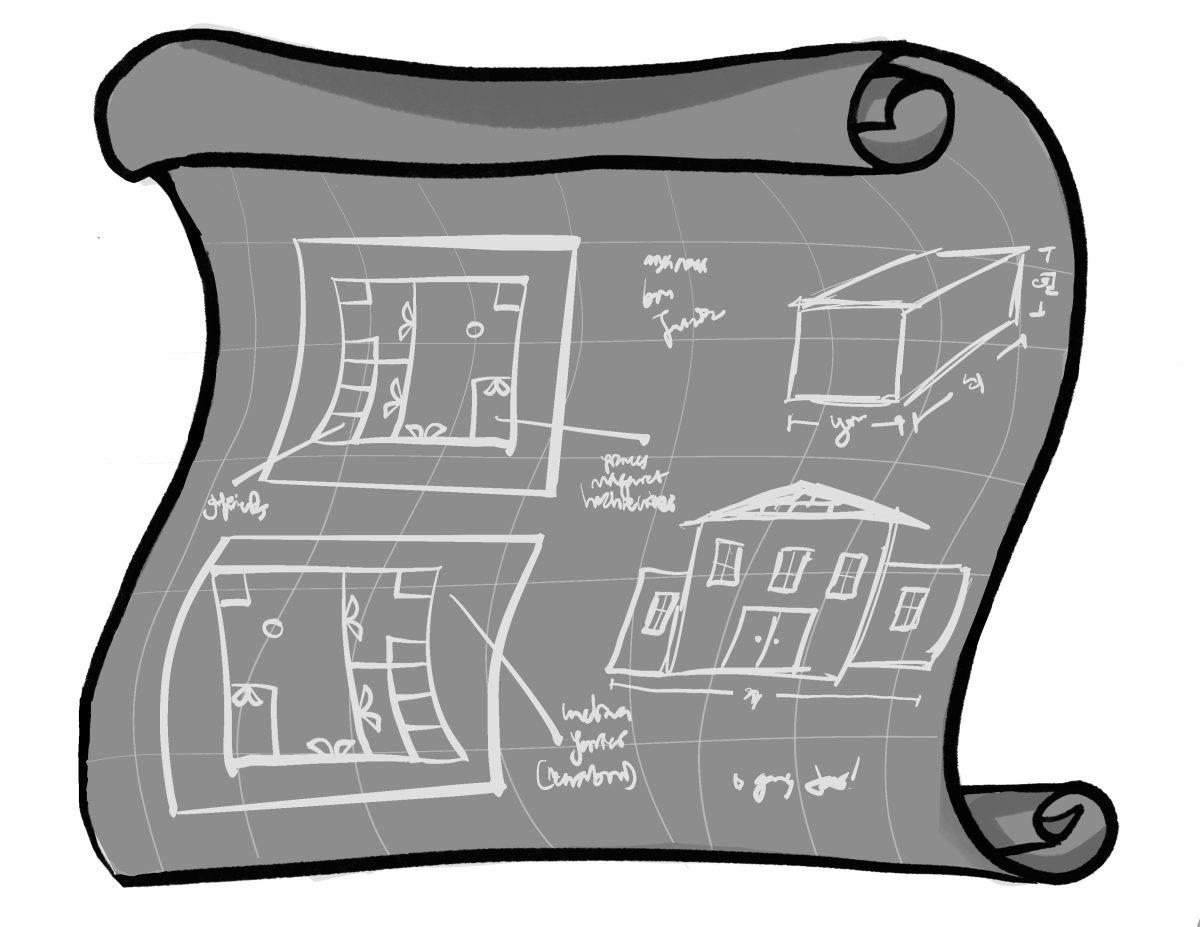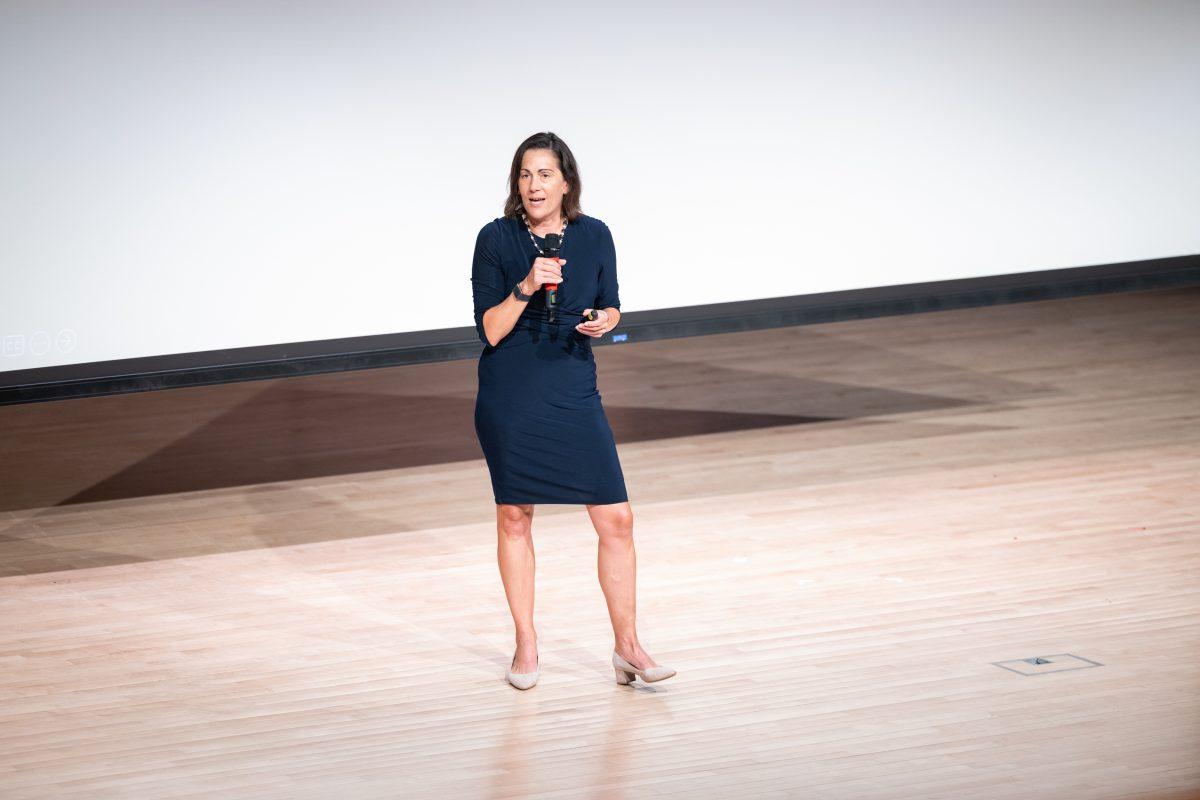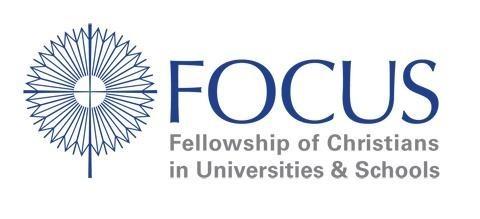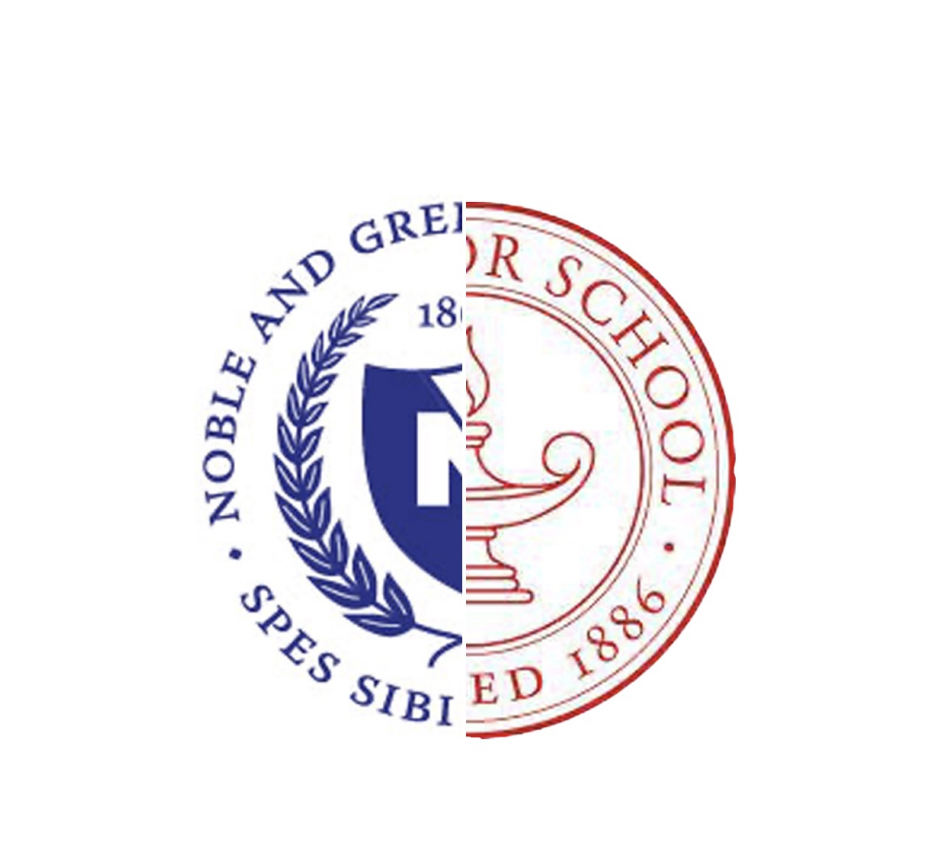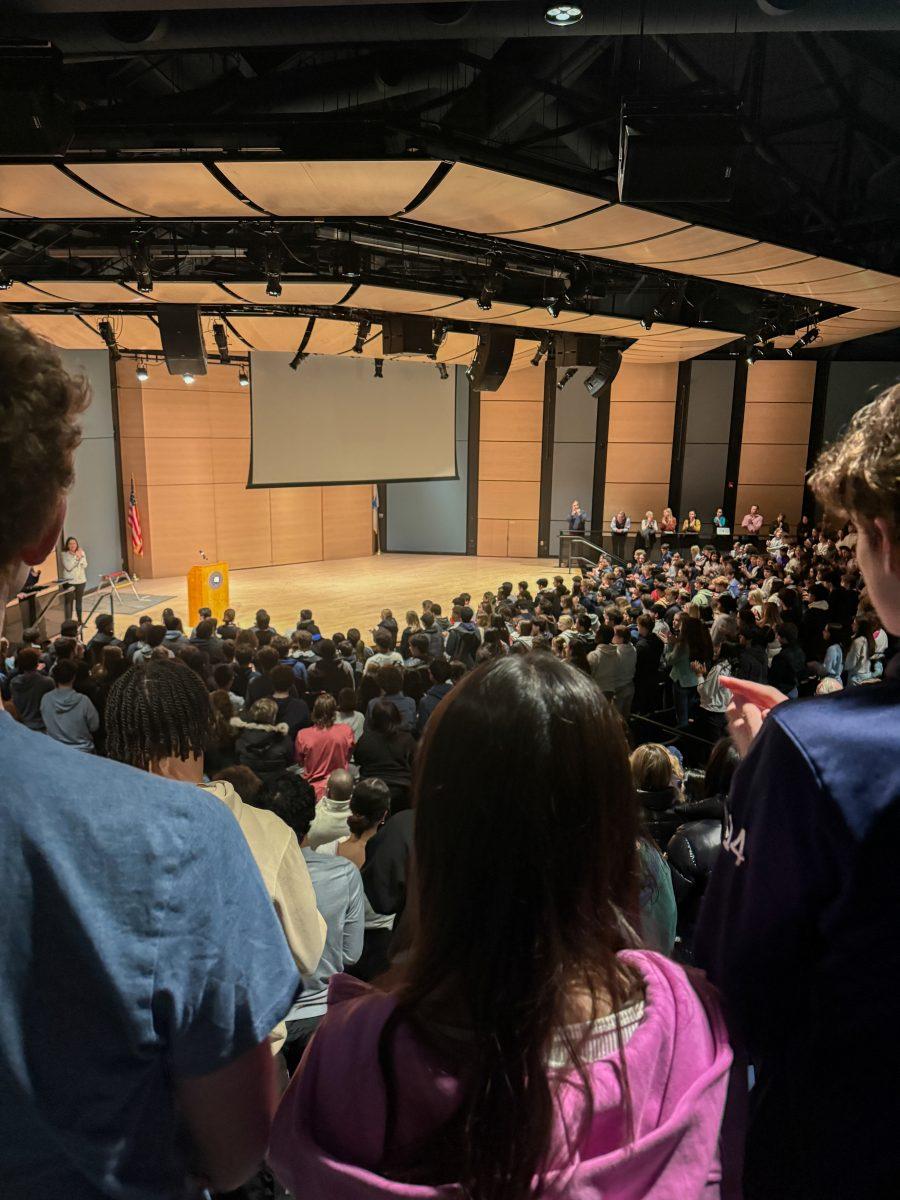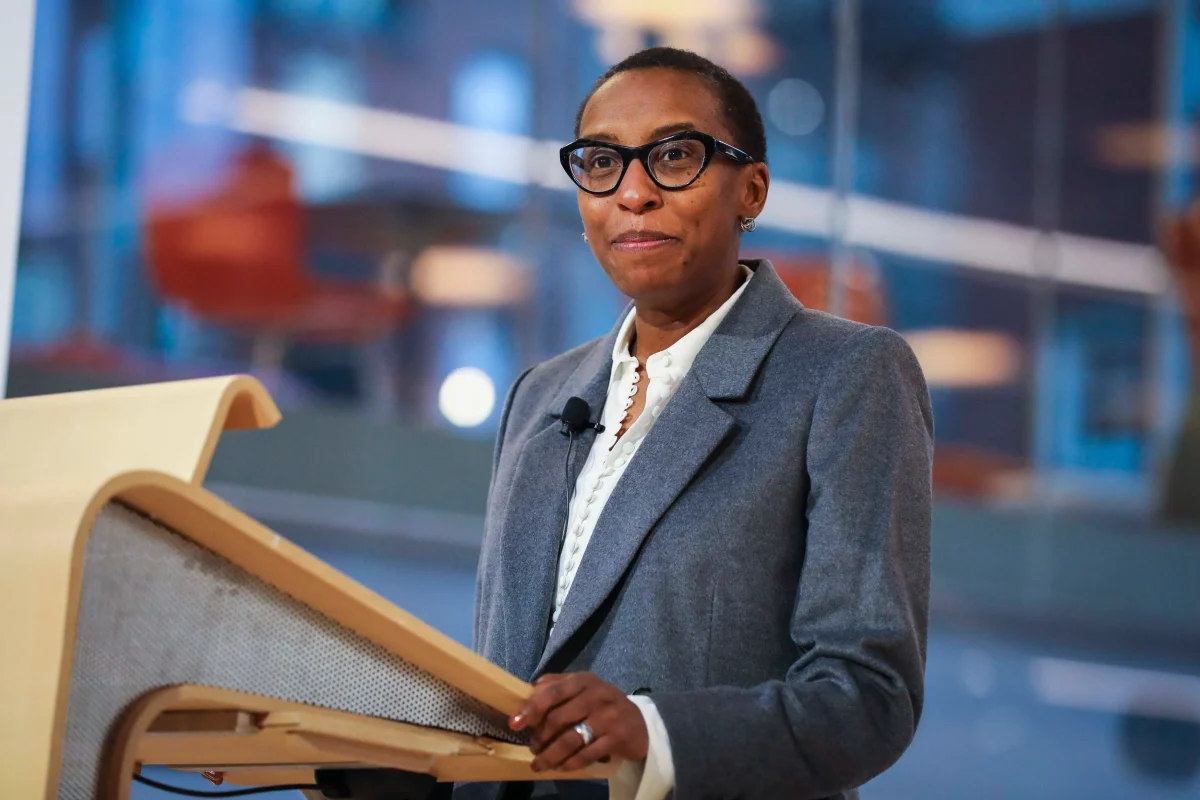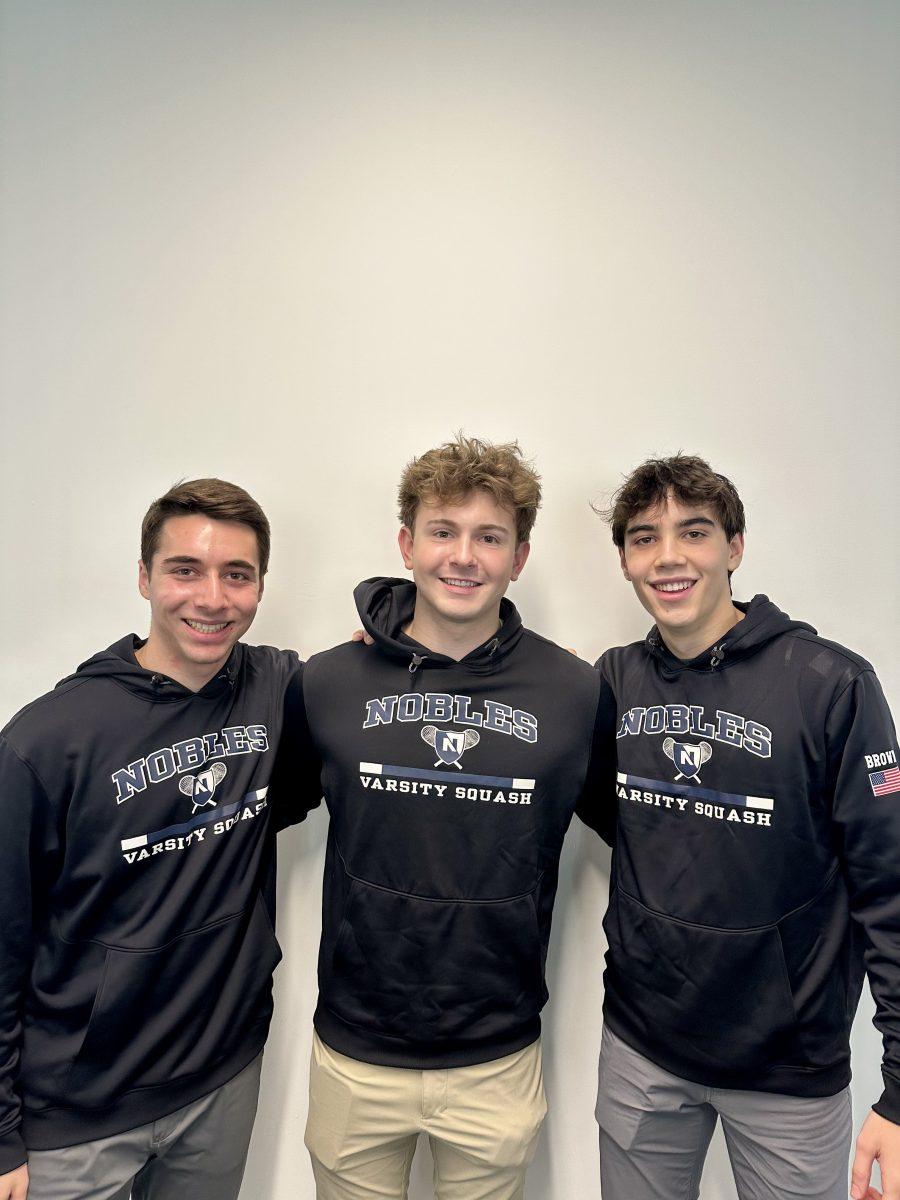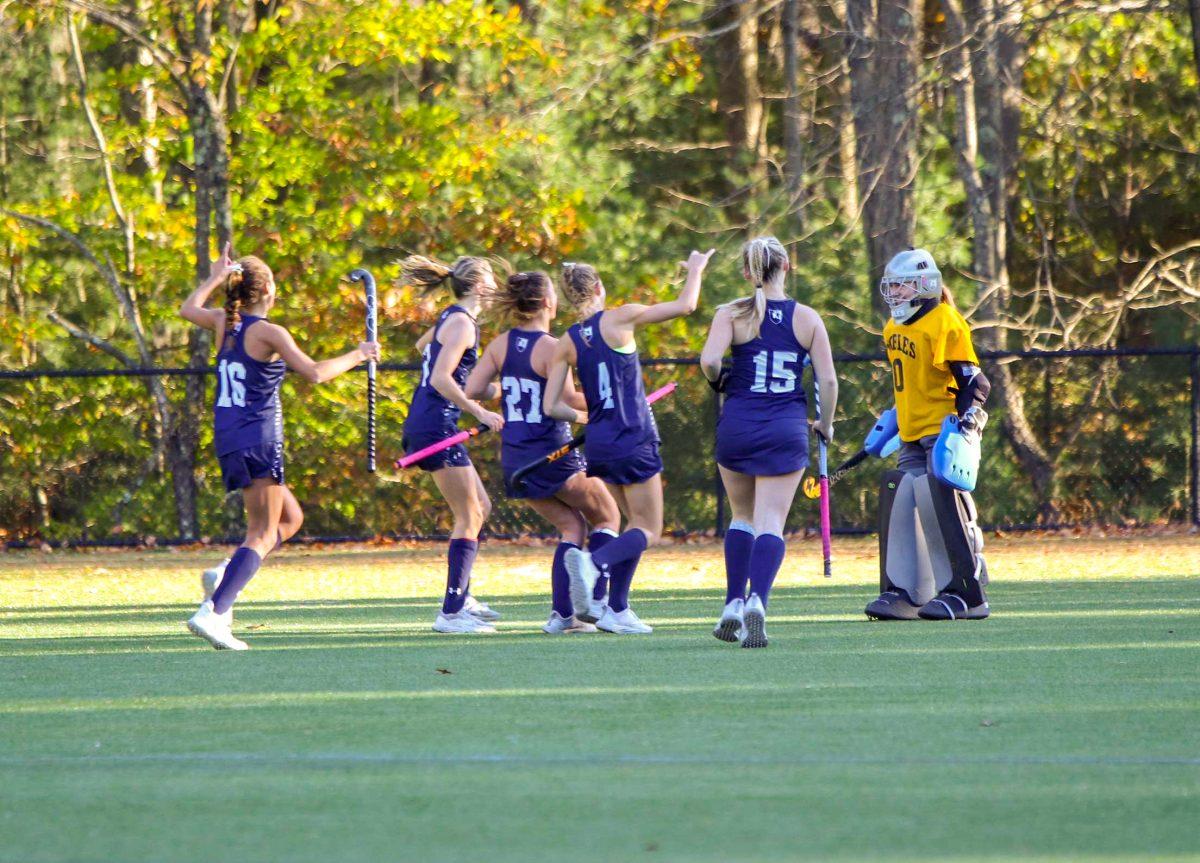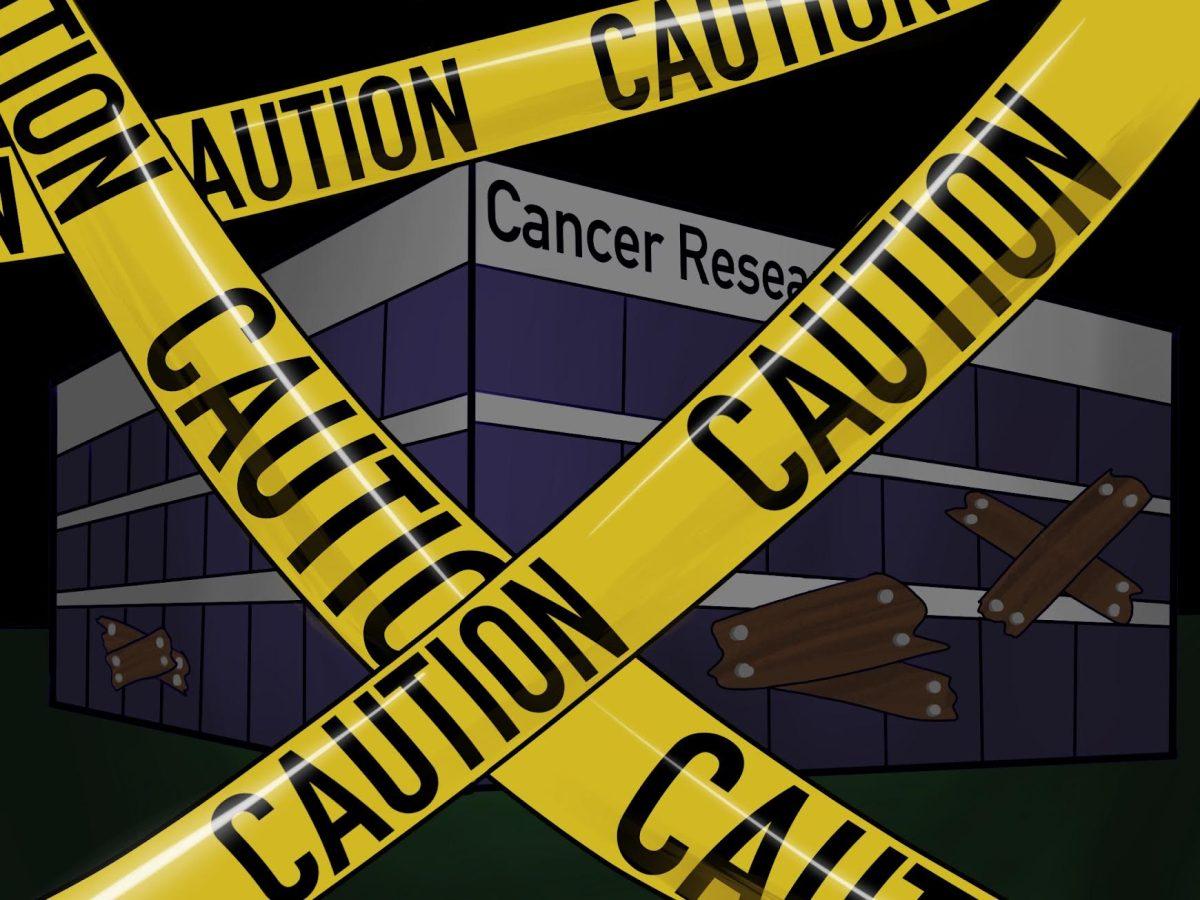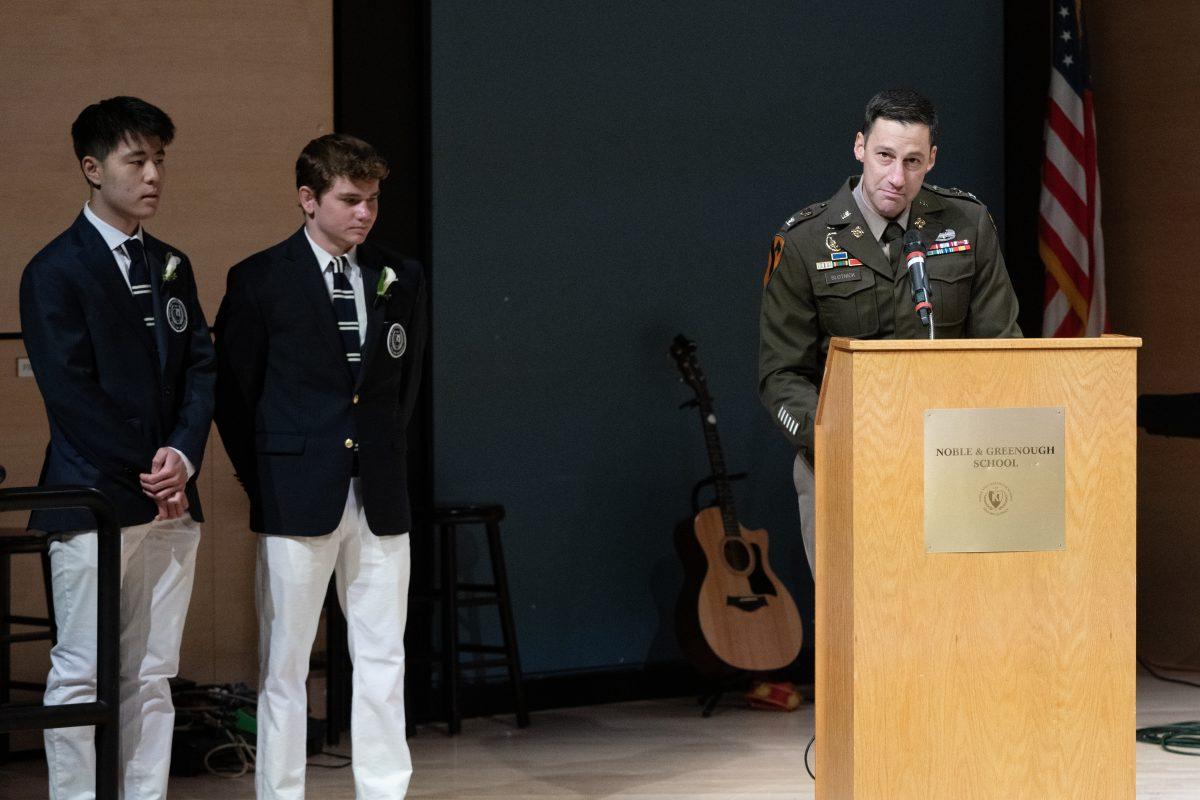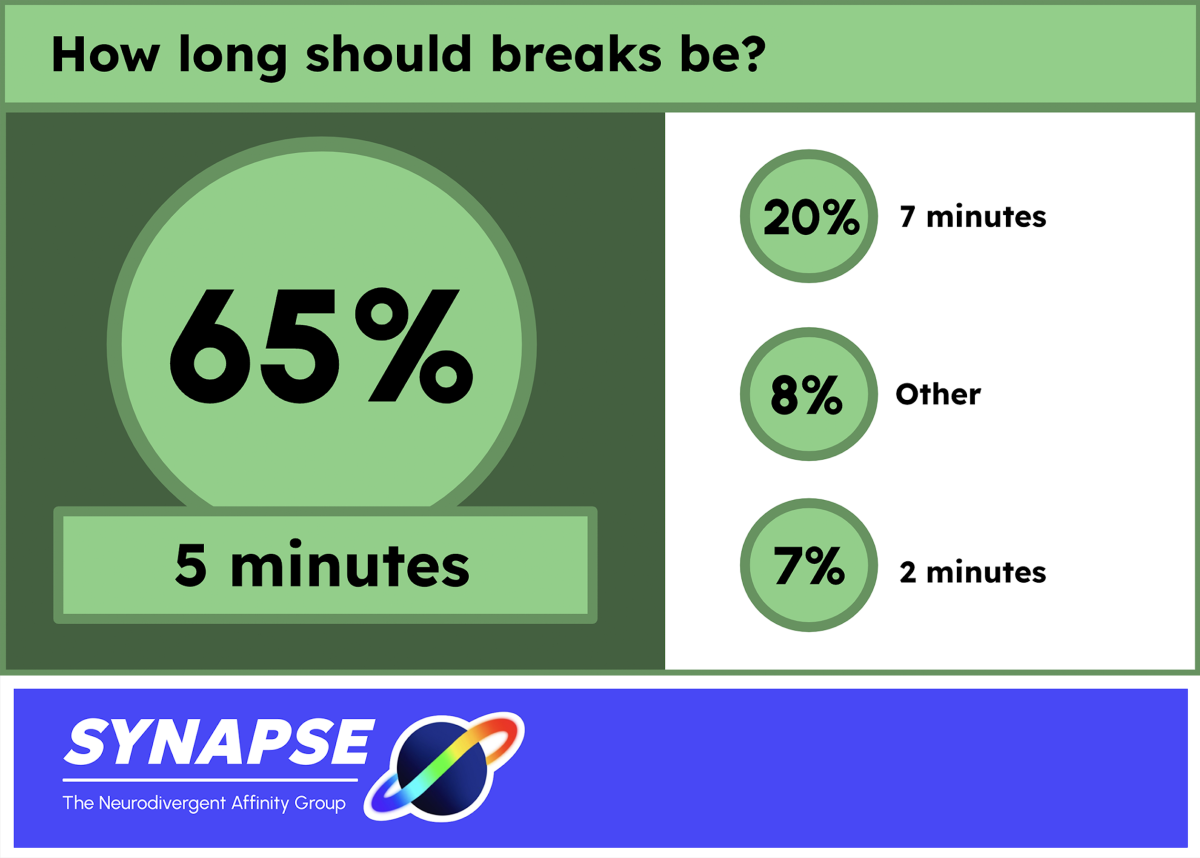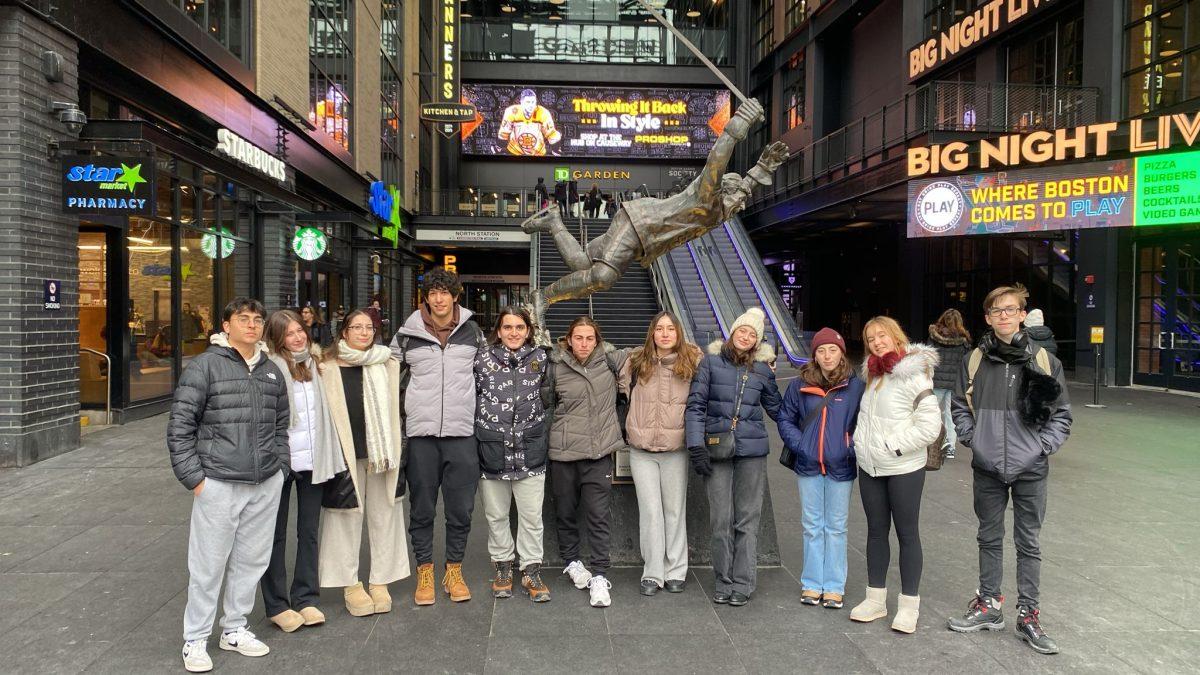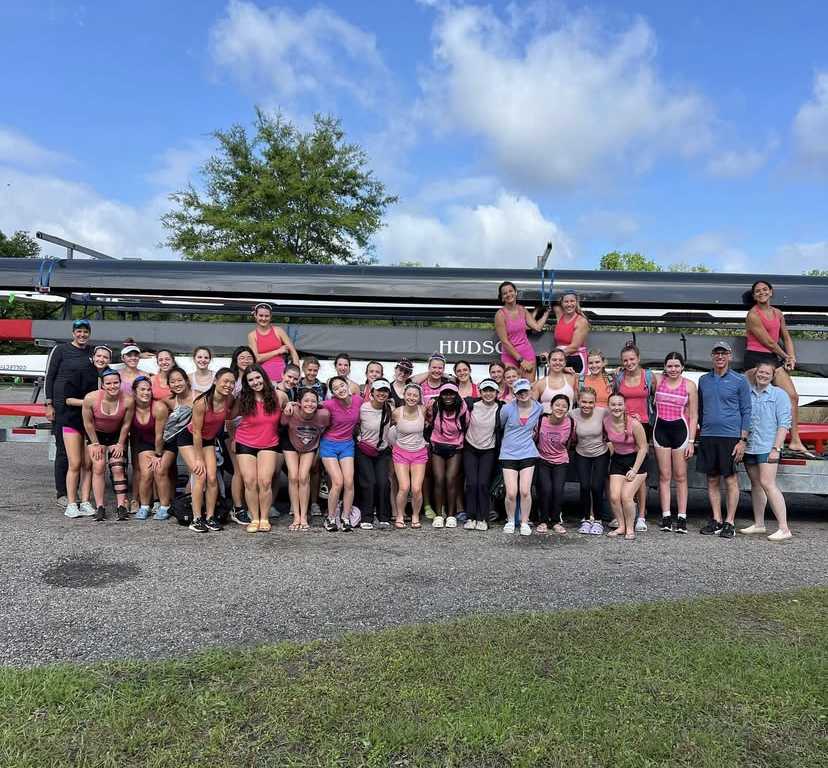Over the past few months, the Trump administration has withheld federal funding from top American colleges, spurring a national debate over this decision and its repercussions. These schools include Harvard University ($2.2B), Cornell University ($1B), Northwestern University ($790M), Brown University ($510M), Columbia University ($400M), Princeton University ($210M), and the University of Pennsylvania ($175M). While these colleges had received funding from the U.S. government for decades, the recent freeze has sparked new concerns about the future of scientific research.
As a result of the frozen grants and contracts, some scientific research and laboratories have been forced to hit pause. Dr. Ana Anderson, an immunologist at Brigham and Women’s Hospital and a teaching affiliate of Harvard Medical School, said during a phone interview, “I do know scientists who’ve had grants terminated. It’s definitely causing a lot of angst and turmoil, as well as stretching finances.” Many scientists fear these funding disruptions could delay their research and even set back American scientific progress for years to come. “It’s a lot more difficult to operate under the current uncertainty,” Anderson said. The tensions regarding finances also grow, as many worry about the salaries for people who work in labs and the supplies required to do the research. “I have a number of college friends who are in medical or science careers, and hear from them about people who have been impacted by this. Hearing the personal anecdotes is hard,” Science Faculty Bradley Becker said. Yet, this does not mean all laboratories have been immediately affected. Anderson said, “At present, there has been no direct impact on my lab, partly because I’m at an academic medical center and not governed by Harvard University in any way.”
“It’s a lot more difficult to operate under
the current uncertainty.”
Federal funding cuts have created a cascading effect throughout the scientific education pipeline. “Immediate impacts on STEM research include rescinded acceptances into graduate education and training programs for students who have applied. Essentially, there are fewer students going into the pool of trainees and doctoral education programs,” Anderson said. This disruption extends beyond higher education. Nobles Science Faculty Deb Harrison said, “NOAA (National Oceanic and Atmospheric Administration) and NSF (National Science Foundation) fund environmental work that involves student programs below the higher ed level, which feeds into STEM at the higher level.” Additionally, some students within the Nobles community have seen the results of the cut in their personal lives. “My sister is in a master’s program to become a doctor, and if funds were taken away from her school, then students essentially would partake in little to no research,” Mackenzie Ellis (Class I) said. These funding restrictions threaten to create a gap in American scientific advancement as fewer students gain critical research experience.
The reduction in federal funding raises concerns about public health and safety. Becker said, “My prediction is that defunding research is going to be strictly harmful. We’re probably going to see life expectancies continue to go down, and all kinds of metrics we track, like physical or mental health, deteriorate as a result of it. To me, it’s very sad and disturbing.” Additionally, the cutbacks impact environmental monitoring systems that protect communities. “NOAA helps predict disasters and weather events. If that’s reduced, it could be harmful,” Harrison said.
The uncertain climate has created a pervasive sense of unease throughout the scientific community. Anderson said, “There’s certainly a recognition of what’s happening, but there’s also an acceptance of the fact that it is beyond our control and we just have to keep our noses down, get our work done, and hope that everything will be okay in the end.” Amidst the seemingly tense environment, it appears scientists aim to continue to focus on their work. “I think so many people who teach science, work in science, or are passionate about science are very flummoxed about how many people appear to have aggressively anti-scientific perspectives,” Becker said. STEM community members seem to be concerned that science itself has become increasingly politicized and that this attitude poses an additional challenge for research. Overall, it appears that the climate of this field is tense as many await to see the outcomes of the federal cuts.
“I think so many people who teach science, work
in science, or are passionate about science
are very flummoxed about how many
people appear to have aggressively
anti-scientific perspectives.”
This climate could account for why most Nobles’ Science and Mathematics faculty that The Nobleman approached for this article declined to comment or did not respond to requests for interviews. One Science teacher said they were “uncomfortable doing so in a public forum,” while another would not comment because they felt “it is a political topic.”
The results of these current research funding cuts are expected to reverberate far into the future of America’s scientific landscape. Due to fewer research opportunities, many anticipate decreases in people going into STEM careers. Anderson said, “Long-term, we’re going to produce fewer scientists.” The recent cutbacks have created an even more important reason for some to teach the next generation. Concerns transcend individual research programs, potentially affecting overall innovation capacity and leadership. “As a teacher, it drives me. We’ve got to get people who actually know and understand science out there in the public discourse in positions that matter,” Becker said.
As Class I students prepare to enter the current environment of higher education, it seems the recent headlines regarding funding are not taking a back seat. Ellis said, “I definitely do think this is on students’ minds.” For those planning on going into STEM majors, the topic is especially relevant. “I’m someone who’s likely going to end up studying math and computer science in college, so I’ve been following this pretty closely,” Aydin Alsan (Class I) said. Despite the anticipated impact on science, students also wonder if this will extend into the humanities.
In addition to following this topic closely, students seem surprised that the Trump administration has withheld funding to colleges. “I’ve talked about this with another student who’s going to [the same college] and we’re both really surprised that, especially coming into our year, we would have to face the withholding of funds to help us educate ourselves,” Ellis said. Students who are still in the decision-making process take the cutbacks into consideration, yet it does not seem to be a reason not to attend a certain college. Alsan said, “It hasn’t had too much of an impact on my decision process, but it’s still something to note.”
“As a teacher, it drives me. We’ve got to get people who actually know and understand science out there in
the public discourse in positions that matter.”
While students wrestle with the potential effect the recent funding cuts will have on their college education and experience, the largest concern seems to be about the future of science. As research is being paused and fewer scientists are expected to enter the field of STEM, current scientists urge students not to let this prevent them from pursuing their dreams despite the challenges. “As this generation of people is aging into the workforce with all of this, I would want nothing more than for the students I’ve taught to be in positions to pursue their passions and make a difference in the world,” Becker said.


